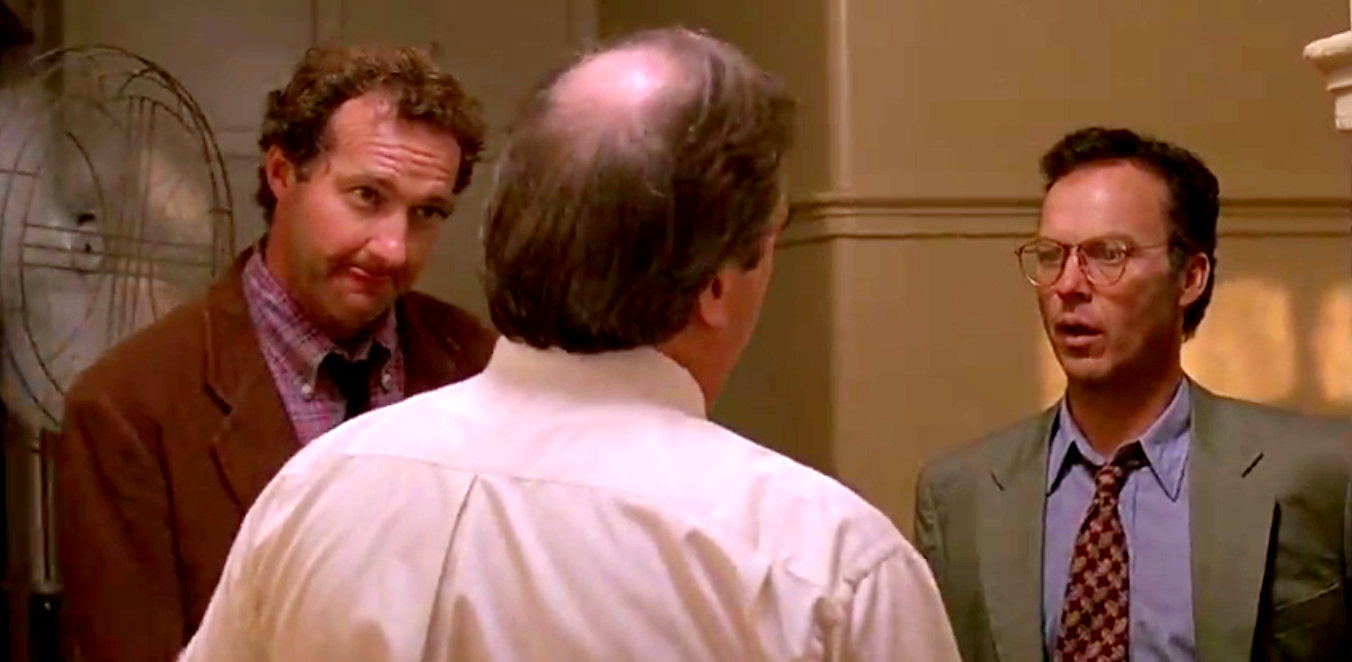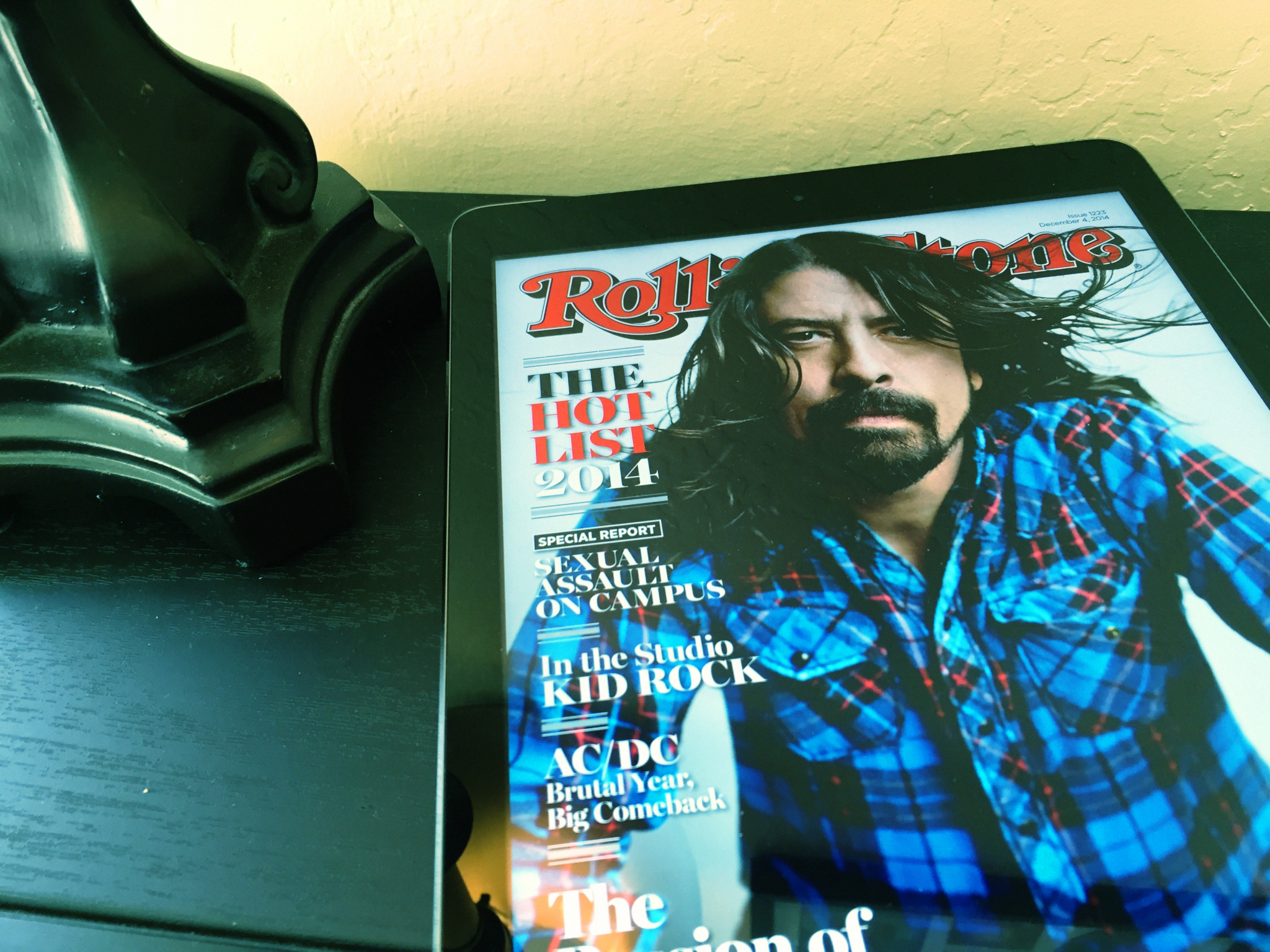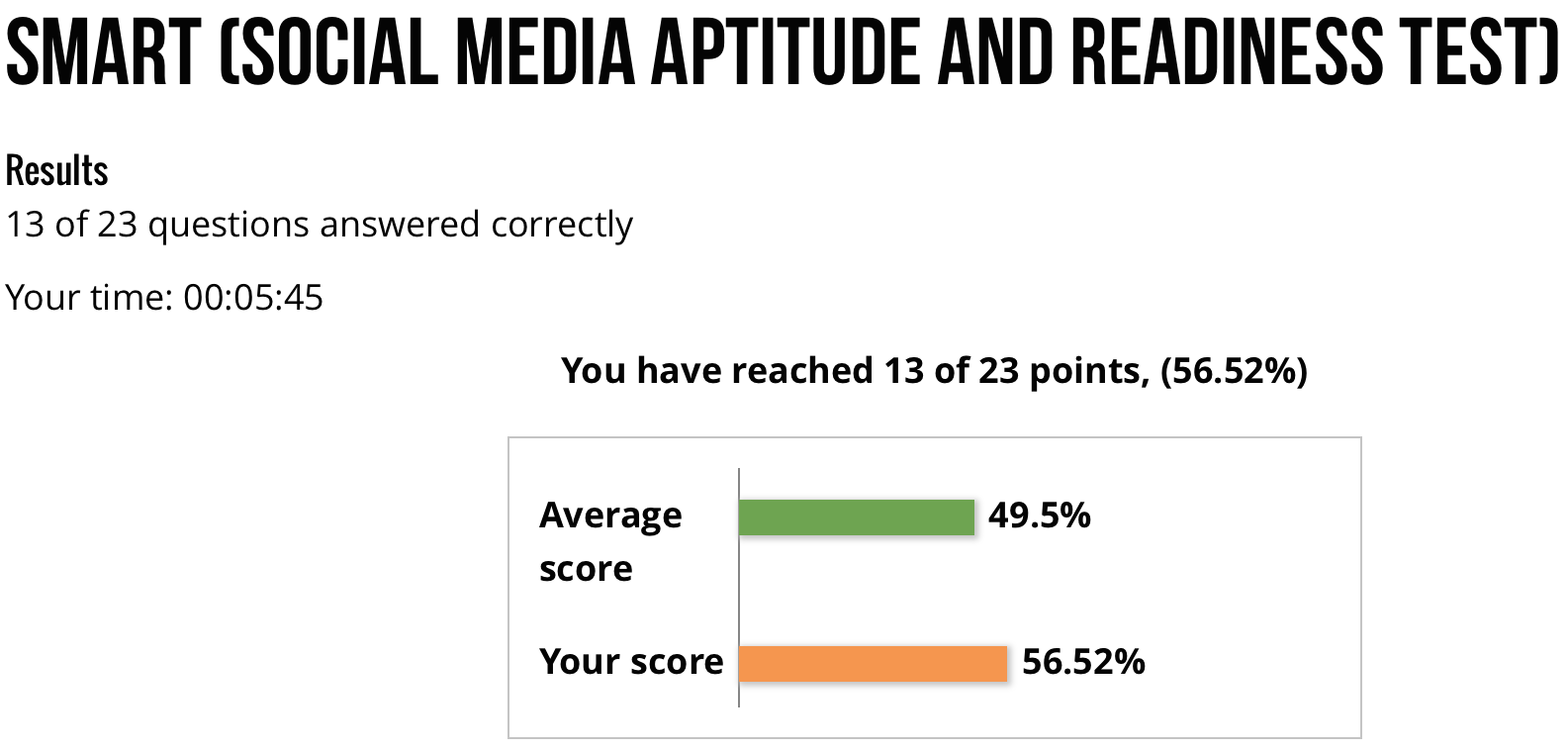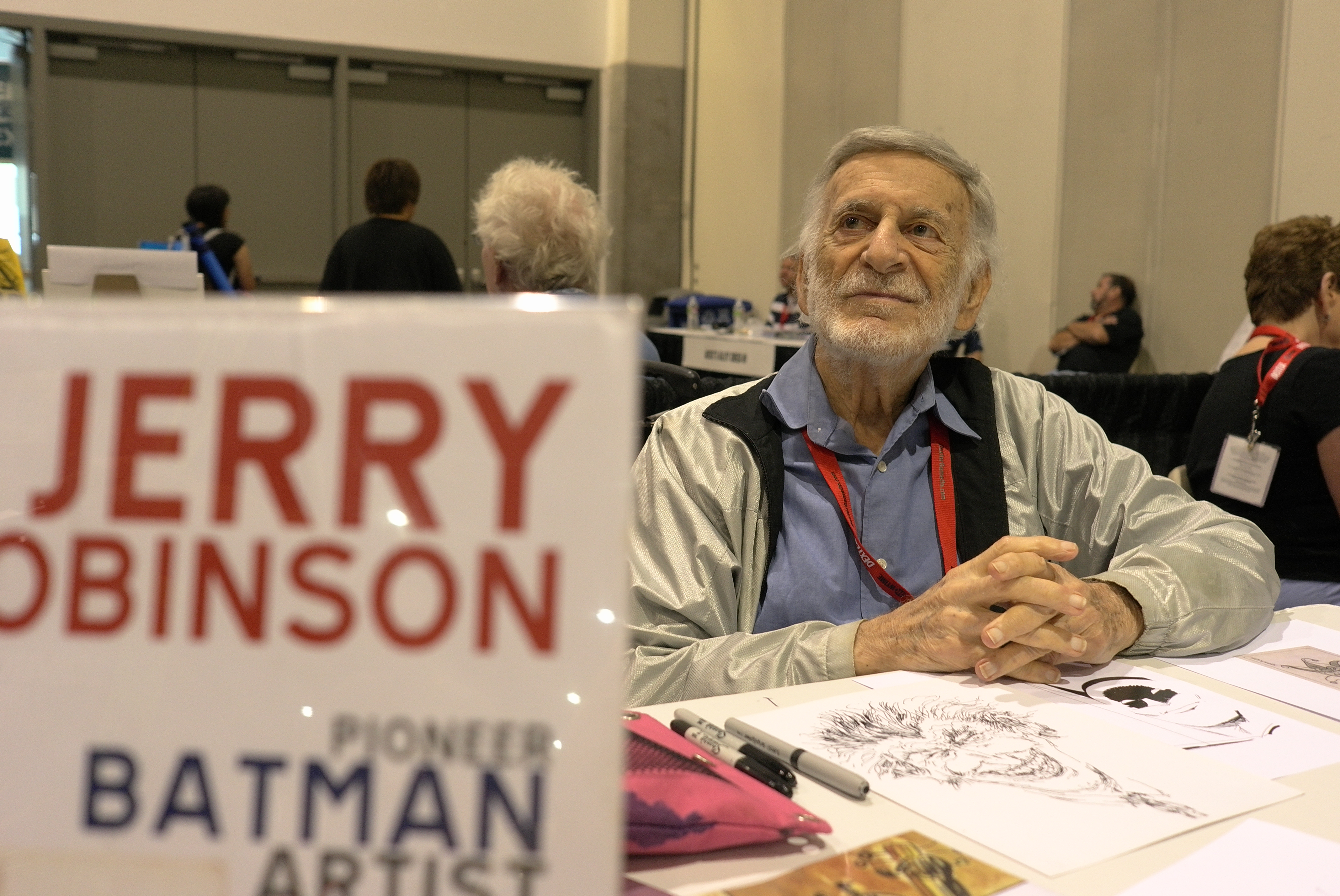We all regret something—right? As a writer, my biggest is the loss of content, and lots of it. Don’t make my mistake! Thousands of my online posts are gone, representing the largest chunk, from May 2003 through April 2009. Six fraking years! Some of it I recovered in early 2007 and archived. The posts aren’t online but they aren’t lost either. But what I consider to be the most valuable, posted to the Apple Watch and Microsoft Watch blogs between 2006-09, is gone forever. Who says the Internet never forgets?
If you produce online content—particularly the kind of evergreen stuff with long shelf life—you cannot trust publishers to keep it or for them to simply stay in business. Related, if audience rather than search-engine optimization is your primary objective, your content should post across contextual online venues. You maximize its value through ownership rather than ceding rights to a third party.











